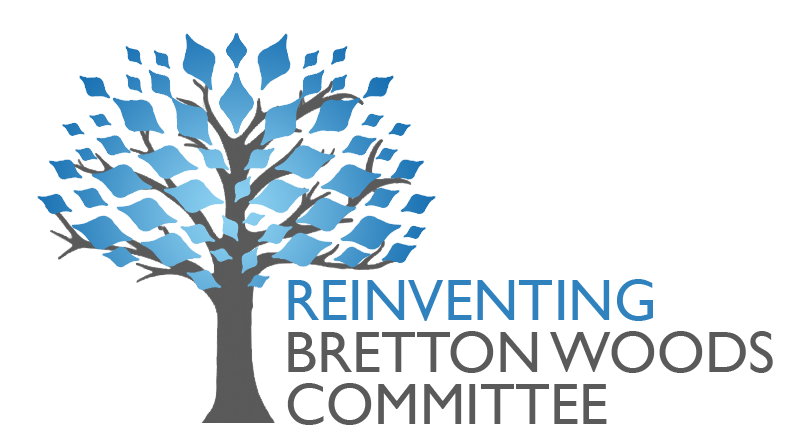Covid-19 and the New Era of Policy Making in Emerging Economies
12th Annual Conference RBWC / Reserve Bank of Peru
July 24, 2020
Partners


Overview
In less than six months, the Covid-19 crisis has transformed the world. Its impact is already huge; and its social, health, economic, and geopolitical implications will linger in years to come. Covid-19 has magnified global trends that were already brewing. The global economy will face the deepest recession in peacetime history. The IMF World Economic Outlook envisages a 5% fall in global GDP this year, with advanced countries and emerging market economies (EMEs) slowing down at 8% and 3%, respectively.
Will the pandemic reverse globalization? To what extent will the integrated global economy survive? Are multilateralism and international cooperation at risk? Should EMEs implement unconventional monetary strategies? What has been the experience so far in this field?
Agenda
Speakers
- Alessandro REBUCCI: Professor of Economics, Johns Hopkins University
- Barry EICHENGREEN: Professor of Economics, University of California at Berkeley
- Chatib BASRI: Former Finance Minister, Indonesia
- Elina RIBAKOVA: Deputy Chief Economist, IIF
- Enrique MENDOZA: Presidential Professor of Economics, Director, Penn Institute for Economic Research, University of Pennsylvania
- Eric PARRADO: Chief Economist, IDB
- Julio VELARDE: Governor, Central Reserve Bank of Peru
- Ksenia YUDAEVA: First Deputy Governor, Bank of Russia
- Luis OGANES: Managing Director, Head of Currencies, Commodities and Emerging Markets Research, JP Morgan
- Marc UZAN: Executive Director, RBWC
- Manoj PRADHAN: Founder, Talking Heads Macro
- Martin GALSTYAN: Governor, Central Bank of Armenia
- Reza BAQIR: Governor, State Bank of Pakistan
- Rodrigo CUBERO: Governor, Central Bank of Costa Rica






